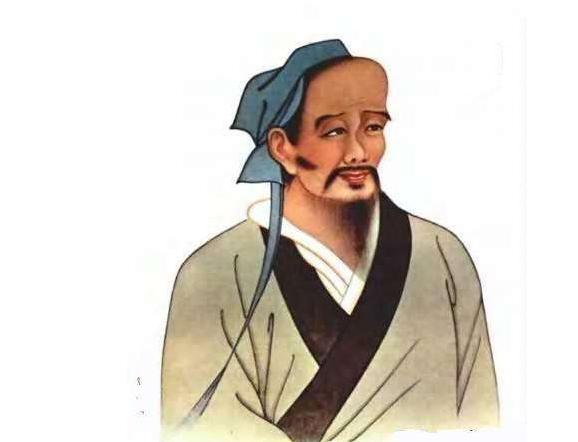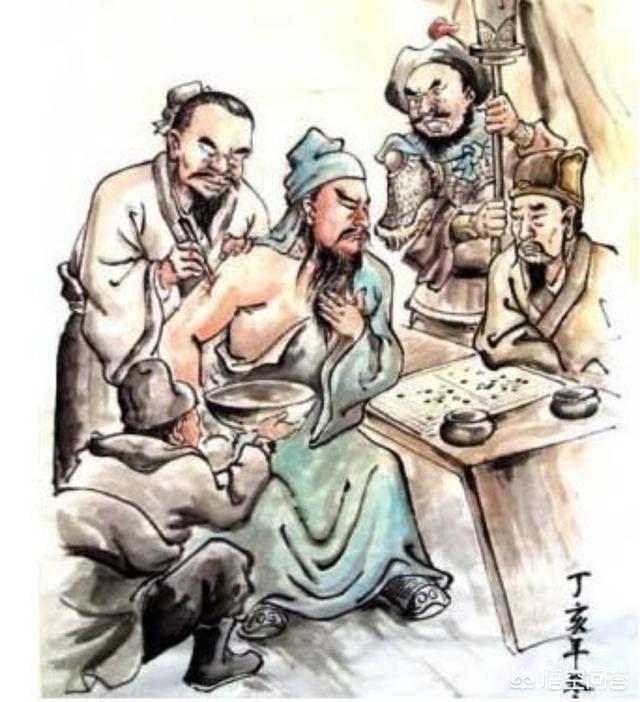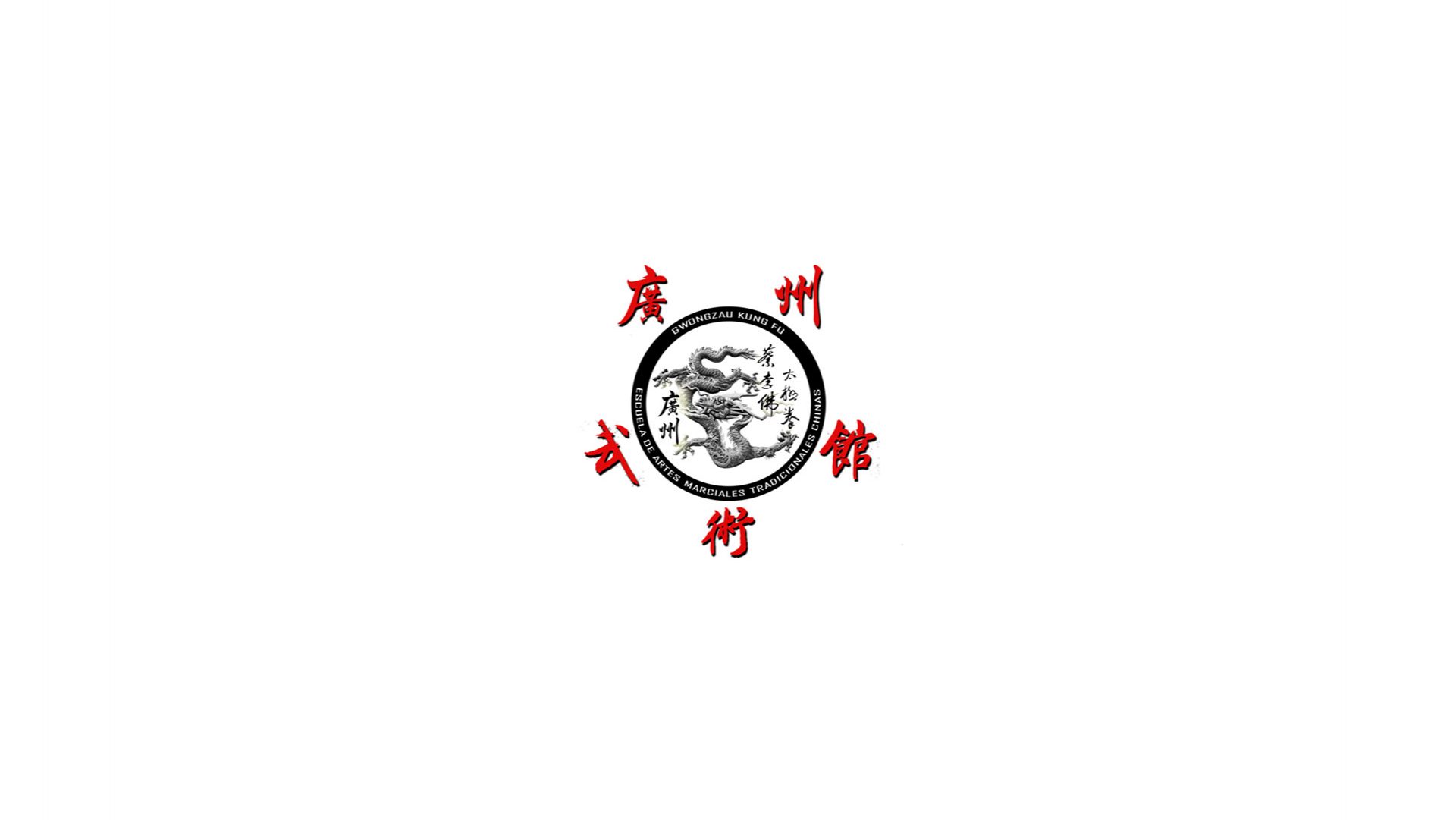Huá Tuó 華佗 (145-208) was a famous Chinese physician who lived during the time of the Eastern Hàn dynasty 東漢 and the Three Kingdoms (三國 Sān Guó) Period. Specialist in medicinal plants, acupuncture, pediatrics and gynecology, he is one of those historical characters turned legend.

Little is actually known about Huá Tuó, and the estimated dates of his life are approximate. The main data we have comes from the Records of the Three Kingdoms (三國志 Sān Guó Zhì) and the Romance of the Three Kingdoms (三國演義 Sān Guó Yǎnyì). Born in the district of Qiáo 譙縣, in present-day province of Ānhuī 安徽, Huá Tuó rejected official positions in behalf of pursuing working as a physician. Considered to be ahead of his time in materia medica, it is believed that he could have studied Ayurveda from Buddhist monks or missionaries who at that time traveled to China from India to propagate their religion, since the few texts that collect facts from his life place him in the same locations where the first Buddhist communities were established.
He is credited with creating the famous Qì Gōng 氣功 exercises known as Wǔ Qín Xì 五禽戏 (Five Animals' Game), and is considered the first physician in history to apply anesthesia, using wine seasoned with boiled cannabis powder (麻沸散 máfèisàn). In the Romance of the Three Kingdoms, a Chinese epic novel that narrates the wars waged for the control of the empire after the fall of the Hàn dynasty, the following description of his practice is given:
In cases of internal organ disease where the application of compounds does not work, he makes the patient take a narcotic potion to induce deep sleep; then he opens the stomach with a cut and irrigates the affected areas with medicinal fluids. The patient does not feel the slightest pain and, after irrigation, Huá Tuó sews the wounds with treated sutures and spreads a balm. Recovery takes a month, maybe twenty days. That kind of skill he has!*
Also in the Romance of the Three Kingdoms, it is recounted how Huá Tuó treated General Guān Yǔ 關羽 after he was wounded by a poisoned arrow. When Huá Tuó was going to anesthetize General Guān, he laughed saying that he did not fear the pain, and continued playing wéi qí 圍棋 as the doctor scraped his arm to the bone with a knife to extract the poison.

Huá Tuó 華佗 depicted operating on General Guān Yǔ 關羽,
according to the account of the Romance of the Three Kingdoms.
Subsequently, the famous villain Cáo Cāo 曹操, usurper of the imperial power of the Hàn, who suffered insomnia and terrible migraines, ordered Huá Tuó to treat his ailments. The doctor, considering that the cause of the disease was in the accumulation of fluids and air trapped in the skull, advised applying anesthesia and opening the skull to remove excess material. Cáo Cāo, suspecting that Huá Tuó intended to kill him, throwed him in jail.
One of the guards used to bring wine and food to Huá Tuó. He, foreseeing his death, asked the jailer to send a letter to his family, promising him in return to give him his Classic of the Black Bag, where all his medical knowledge was collected. Both complied with the agreement; the jailer hoped to be able to retire from his work after learning the arts of Huá Tuó and dedicate himself to medicine.
When the physician died ten days later, the jailer had him buried, resigned from his post and returned home ready to study Huá Tuó's book. But when he arrived at his house, he found his wife throwing the book into the fire, and was only able to recover two pages, the rest completely destroyed. When she asked her wife why she had burned the book, she replied that, had her husband become a great doctor like Huá Tuó, he would only have ended up dead in jail just like the later.
This narrative gives an account of why the writings of this famous doctor did not made it to this day. The stories contained in the Romance of the Three Kingdoms are fictional recounts, which express more myth than reality, which often happens to all characters from whom there are no detailed historical records. However, Huá Tuó's fame in today's Chinese society remains such that when someone needs a good doctor, they often complain "Ah, if there was a second Huá Tuó!"
Notes:
*Translated from Romance de los Tres Reinos, Biblioteca de Clásicos Chinos, National Publication Foundation, Spanish version of María Teresa Ortega y Olga Marta Pérez, p. 2167, 2168.
Related Articles:
